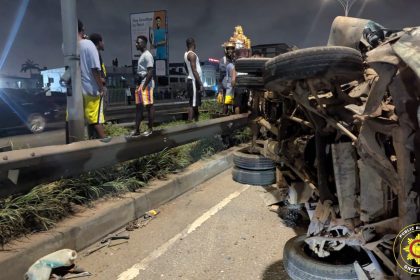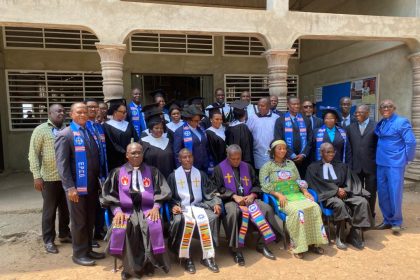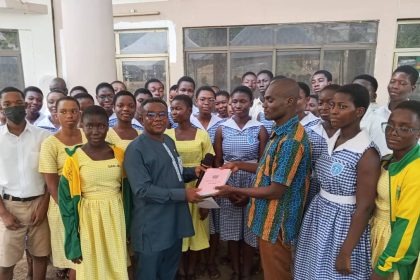Hajia Fatahiya Abdul Aziz, a New Patriotic Party Member of Parliament for Savelugu, has raised concerns over what she describes as the persistent and troubling underfunding of Ghana’s social protection programmes.
She noted that the 2026 Budget and Economic Policy failed to safeguard the country’s most vulnerable citizens.
Taking her turn to comment on the 2026 Budget Statement and Economic Policy in Parliament House, the Savelugu legislator criticised the government for what she called a ‘profound disconnect between policy commitments and actual funding,’ arguing that critical welfare interventions continued to be deprioritised at a time when economic hardships were deepening.
According to the MP, allocations to social protection programmes, including LEAP, the Ghana School Feeding Programme, and related transfers amounting to GH¢3.46 billion, representing only 0.22 percent of GDP, far below international benchmarks for developing countries.
She said, “Mr Speaker, this is not simply a budgetary shortfall; it is a reflection of misplaced priorities. At a time when poverty and vulnerability are worsening across communities, especially among women, children, and persons with disabilities, this budget fails to deliver meaningful protection.”
Hajia Abdul Aziz, noted that the Ministry of Gender, Children, and Social Protection, responsible for the bulk of the country’s welfare interventions, remained severely under-resourced, receiving only 1.1 per cent of total government expenditure for 2026.
“Capital expenditure for the Ministry stands at GH¢11.6 million, just 0.36 per cent of its allocation,” a situation she warned will hinder the expansion and upgrading of welfare offices, digital systems, shelters, and rescue centers.
She also expressed worry about alleged drastic cuts to two key protection instruments: the Domestic Violence Fund and the Child Trafficking Fund.
According to the MP, each received only GH¢1 million in the 2026 budget, down from GH¢2.7 million and GH¢2.1 million, respectively, in 2024.
“These cuts are not only unjustified but dangerous,” adding that, “such minimal allocations could not support shelters, psychosocial services, rescue operations, or rehabilitation for survivors of violence and trafficking.” She explained to Parliament that, at a time when these cases were rising, the country’s budget must respond—not retreat.
She criticised the absence of specific budget lines for programmes such as the sanitary pad initiative and women in trade, arguing that without clear allocations, Parliament could not track funds or demand accountability from implementing agencies.
“A promise without a price tag is merely a public relations exercise,” she said.
The MP also highlighted what she termed as ‘new neglects’ in the 2026 Budget, citing the lack of gender-responsive targeting in major flagships such as the 24-Hour Economy and infrastructure initiatives. She argued that failure to intentionally include women risked widening the existing economic gap for rural women farmers, especially in areas like Savelugu.
She noted that the budget provided little support in the areas of climate-resilient inputs, financial inclusion, and livelihoods programmes.
Hajia Abdul Aziz called for the government to repriorities its spending., saying, “A budget is the clearest expression of a government’s priorities.
“Ghanaians, particularly the vulnerable, cannot thrive on promises. They require actual, targeted investments and accountable implementation to build resilience and improve well-being.”
Parliament continues to debate the 2026 Budget and Economic Policy, with social protection emerging as one of the most critical concerns raised by lawmakers.






